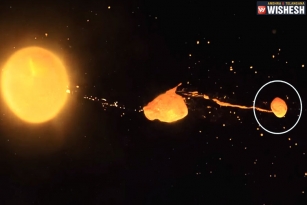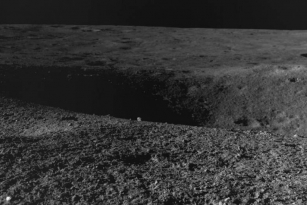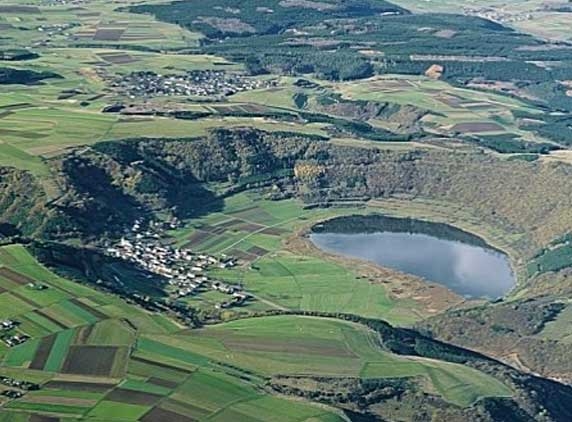
Lake sediments analyzed by the scientists of the German Research Centre for Geosciences GFZ in collaboration with Swedish and Dutch colleagues proves beyond doubts that the `Global cooling’ is not far away. Though this theory strongly disapproves the global warming theory predominantly arises after the vast depletion of fossil fuel, which might take millennia to replenish, according to scientists. The usage of this fuel extensively has given rise to emission of obnoxious gases which might have given rise to altering the ecosystem. On the whole scientists predict a mini-ice age on the anvil after analyzing the lake sediment in Lake Meerfelder Maar, in Germany. They support the argument with evidence of a sudden cooling caused by a 'solar minimum'. The last mini-ice age that plagued the earth, was about three centuries ago. The affect was unprecedented cold for a century, known as the ‘little ice-age’ - a time when the ice on London’s River Thames was regularly a foot deep and when thousands went hungry because crops froze in the fields.
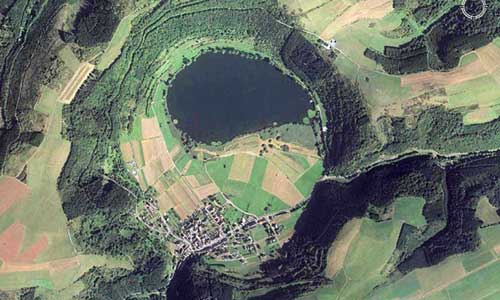
Off late the Greek poet Homer has become a common reference point not by literary scholars but by scientists. Wondering why, yes the answer is probably when the renowned poet was writing `the Odyssey’, way back 2,800 years ago the Earth went through an abrupt period of cooling, caused by the sun. And scientists believe that the same could repeat, but intensities might vary.
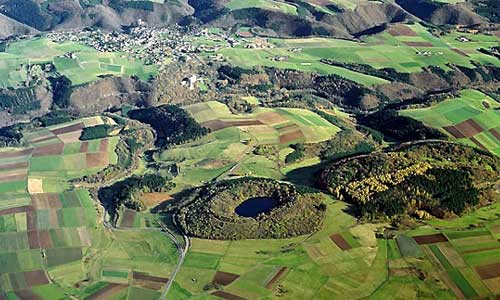
Dr Achim Brauer of the GFZ said, 'An abrupt cooling in Europe together with an increase in humidity and particularly in windiness coincided with a sustained reduction in solar activity 2800 years ago.” As per the findings, 'Homeric Minimum' - the solar minimum that coincided with the famous poet's lifetime - caused a cool period that lasted 200 years. Incidentally the last, ‘little ice-age’ lasted nearly a hundred years. Termed as the ‘Maunder Minimum’, the period lasted between, 1645 to 1715. The term gets its name from the scientist Edward Maunder, who stated the effect. Europe and North America suffered a succession of bitterly cold winters and damp washout summers during this period. (With Inputs from Internet- Aarkay)






